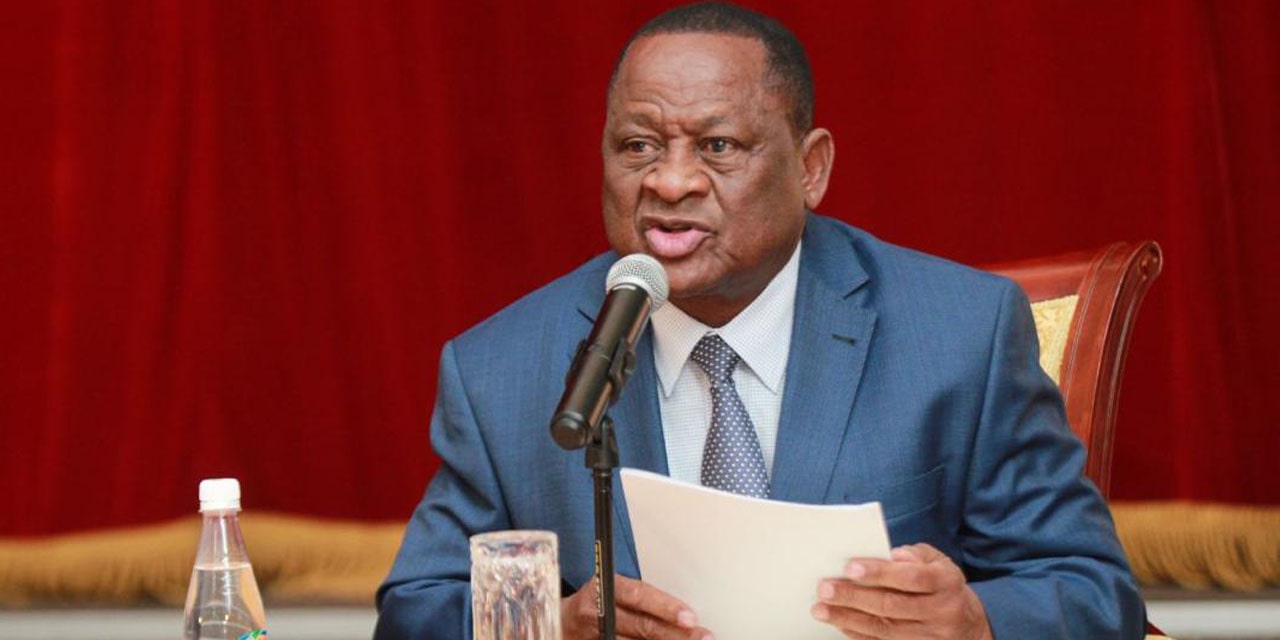Niël Terblanché
The minister of health and social services Dr. Kalumbi Shangula, has expressed concern about the implication the increase in population poses on the Namibian health and social services infrastructure.
Namibia’s population surged from 2,113,077 in 2011 to 3,022,401 in 2023.
In a recent update to the nation, Shangula revealed that the health system was originally designed to serve a much smaller population of 1.4 million.
“Addressing the challenges brought about by this population growth, the ministry has embarked on an extensive program to enhance public health and social services, which are vital for over 85% of Namibians,” the minister said
He added that the expansion includes the construction of new health facilities, maintenance of existing ones, and the procurement of crucial medical equipment, pharmaceuticals, clinical supplies, and ambulances.
“This endeavour stresses Namibia’s commitment to ensuring access to quality health care for its growing population,” he said.
Shangula highlighted the international recognition the country has received for its strides in advancing public health, including awards from PEPFAR U.S. President’s Emergency Plan for AIDS Relief (PEPFAR )and the WHO for progress towards UNAIDS fast-track targets and achievements in combating Hepatitis B Virus and HIV transmission from mother to child, respectively.
According to Shangula, the ministry’s forward-looking budget allocation of N$10.9 billion for the 2024/2025 Financial Year, with N$457 million dedicated to infrastructure development, is indicative of the strategic investment in the health sector’s capacity to meet the increased demand.
“This is complemented by initiatives to upgrade intensive care units, expand dialysis services, and enhance medical oxygen supply across the nation,” he said.
The minister added that the construction and renovation of health facilities, alongside the expansion of the Medical Internship Programme and strategic plans for human resource development, further illustrate the comprehensive measures being undertaken to cater to the broader health needs of the population.
“The development of the Universal Health Coverage (UHC) Policy Framework reflects a concerted effort to ensure equitable access to health care services for all Namibians. We are also working towards the reduction of financial hardships associated with healthcare access,” he said.
Shangula explained that through initiatives such as the Social Contracting for Health Services Policy, the ministry aims to engage Civil Society Organizations in delivering essential health services, particularly to vulnerable and hard-to-reach communities.
The minister added that the complexities introduced by the population growth and the proactive approach of the Ministry of Health and Social Services set a precedent for ensuring that all Namibians can access quality health and social services.
“This aligns with the national goal of building a resilient health system that leaves no one behind, highlighting the country’s dedication to safeguarding the health and well-being of its citizens in the face of demographic changes,” he said.




